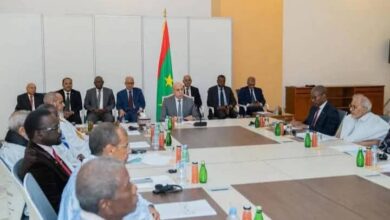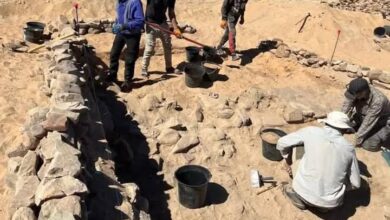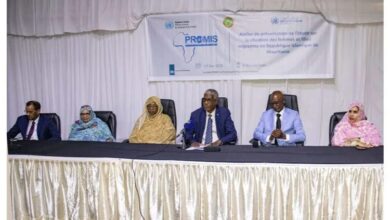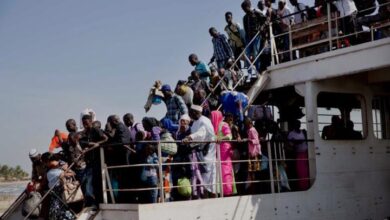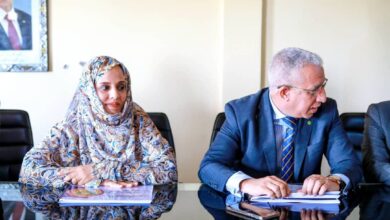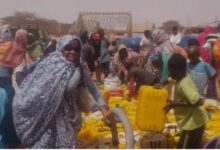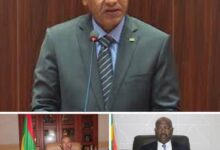Mauritania: Geographic Distance Does Not Diminish Civilizational Influence
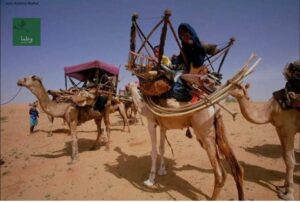
By: Mohamed Abd Alrahman Ould Abdallah
Journalist, Nouakchott
Mauritania may lie on the geographic periphery of the Arab world, but it has always stood at its heart in terms of cultural and religious contribution. The country played a role no less important than that of the major intellectual centers in the Mashreq or the Maghreb, benefitting from its unique position as a meeting point between North Africa and sub-Saharan Africa.
■ The Decisive Factor: The Mahadra (Traditional School)
No discussion of Mauritania’s cultural impact is complete without mentioning the mahadra, a unique and deeply rooted system of traditional education. These institutions contributed to:
Spreading Arabic as a language of scholarship and instruction.
Teaching the Qur’an and Islamic sciences to local populations and to students coming from Mali, Senegal, Niger, Gambia, and beyond.
Producing scholars and preachers who later became ambassadors of Islamic culture in their own communities.
The mahadra was not just an educational institution—it was a cross-border cultural movement.
■ The Sufi Spirit: A Spiritual and Cultural Bridge
Sufism played a crucial role in shaping Mauritania’s civilizational outreach. Mauritanian Sufi orders—particularly the Qadiriyya and Tijaniyya—spread from Chinguetti to Timbuktu, and from there deep into Nigeria, Niger, and Chad. Mauritanian sheikhs were widely respected as spiritual and scholarly authorities.
■ Trade Caravans: Culture Riding on Camelback
The trade caravans that set off from cities like Chinguetti, Oualata, and Tichitt carried more than salt and gold. They carried books, knowledge, and scholars. Through trade, they spread the Arabic language and the Islamic faith—creating an organic fusion between economy and culture.
■ Cultural Identity: Arabism as an Intellectual Choice
Mauritania adopted an Arab cultural identity early on—not as a political maneuver, but as a genuine intellectual and emotional alignment. Arabic was never a foreign tongue, but the living language of thought, instruction, jurisprudence, poetry, and daily correspondence. This deeply rooted linguistic identity empowered Mauritania to exert influence far beyond its borders.
■ The Literature and Scholarship of Chinguetti: A Voice That Reached the World
Many Mauritanian scholars became renowned in the Arab East, and their writings are still studied today. For example:
Sheikh Muhammad Yahya Al-Walati, who traveled to the Hijaz and left behind a remarkable scholarly legacy.
Al-Allama Al-Shanqeeti, who settled in Medina and became one of Al-Azhar’s leading Qur’anic commentators.
Mauritanian poets who mastered classical Arabic meter as though composing in the famed Suq ‘Ukaz.
■ In Conclusion
Mauritania became a cultural and religious bridge because it:
Possessed a deep-rooted intellectual project (the mahadra).
Relied on grassroots, borderless mediums of dissemination (caravans and Sufi orders).
Believed in the unity of the Islamic message beyond the constraints of statehood or political centralization.
It stands today as a living example that geographic distance does not hinder civilizational purpose. In fact, when carried with conviction, knowledge, and determination, distance may grant a message even greater reach.


